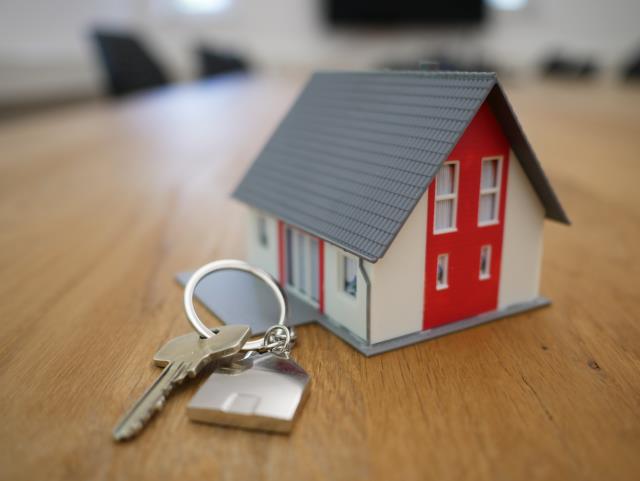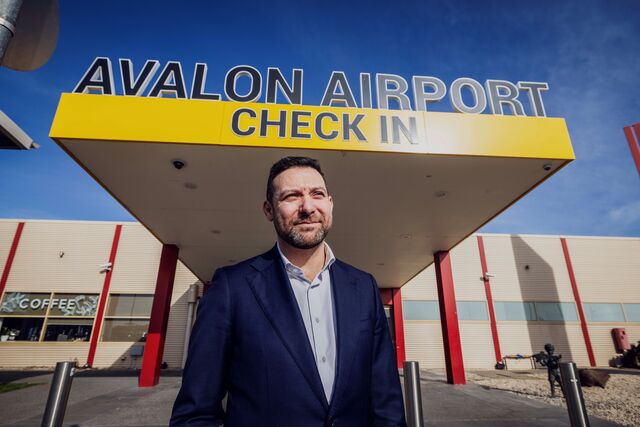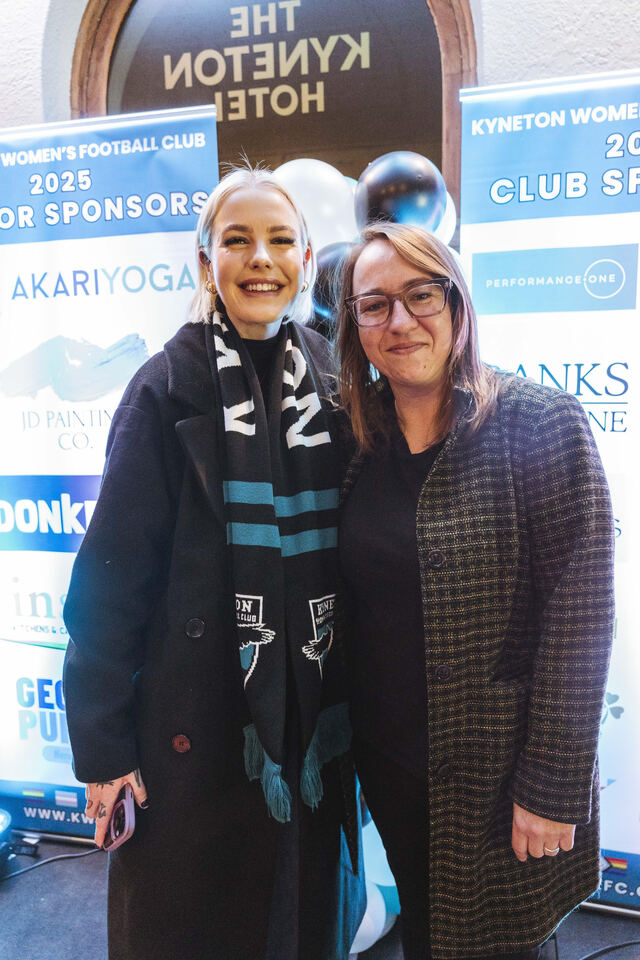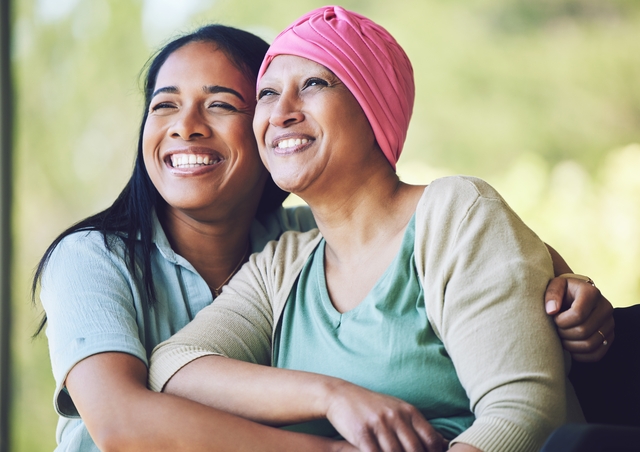New research has revealed the cost of living is the single biggest concern for young Australians, with housing affordability and rent also significant causes for worry.
The headspace National Youth Mental Health Survey asked young people to name their top three concerns, with financial instability and cost of living coming out on the top. The issue was cited by 54 per cent of participants aged 18 to 25 as something they wanted to see addressed urgently.
The next most common concern among 18-25-year-olds was housing affordability, with 42 per cent listing it as one of their top concerns.
When asked to describe how worried they were about their ability to one day afford their own home, 71 per cent of participants reported they were fairly worried or very worried, while 61 per cent told headspace they were fairly or very worried about the cost of rent.
The headspace Youth National Mental Health survey also found that over half of participants aged 18-25 (52 per cent) said they are hesitant to have children because of the cost of living.
The survey data features as part of a headspace submission to the Senate Select Committee on the Cost of Living. The submission from headspace details key focus areas for government, including: improving access to and out of pocket expenses for mental health services; investment in vocational services; the need to identify and support young people not captured in unemployment data; and the need to strengthen financial support for low-income earners and jobseekers.
headspace CEO Jason Trethowan said: “Young people are telling headspace they feel anxious about how the rising cost of living is going to impact their ability to achieve major life milestones, like moving out of home or saving for a house.
“Young people should never have to worry about having a safe place to call home.
“We know financial security is a protective factor for good mental health, and changes to a young person’s financial circumstances can place their mental health under stress.
“Whether it be for support navigating their study or employment choices, or to find mental health support in tough times, we encourage young people to reach out to services like headspace for help.
“It is also incumbent on governments to take steps to alleviate these pressures, so that young people and their families can afford the things they need to lead happy, healthy lives.
“Together we need to be finding ways to help young people feel optimistic about their futures.”
University student Grace Sholl said cost of living pressures are impacting her mental health.
“As a young person with anxiety and depression, I’m finding the cost of living really challenging,” the 21 year old said.
“Daily activities like grocery shopping can be stressful, because I’m constantly thinking about how much I can afford to spend on basic needs.
“I’m often opting for extra shifts at work instead of focussing on my university study, because I need the income to get by.
“I want young people who are finding it tough right now to know they are not alone, and that it helps to talk to other people – whether it’s a trusted family member or friend, or a professional service like headspace.
“It’s important governments and communities listen to young people when we say we’re doing it tough, and work together to explore ways the system can better support the mental health of young people.”
headspace centres and online staff can help with a range of career counselling services including looking for and applying for jobs, writing a resume and cover letter, preparing for a job interview, exploring study options, enrolling in study, navigating community support services such as the Centrelink system, understanding workplace rights, transitioning into a new job or course or balancing mental health and wellbeing with work or study.
Young people aged 12 to 25, as well as their family and friends can visit headspace for support. Help is also available via phone and online counselling service, eheadspace, seven days a week between 9am–1am (AEST). The number is 1800 650 890.
If you’re looking for someone to talk to immediately, Lifeline (13 11 14) and Kids Helpline (1800 55 1800) are available to talk 24/7.







